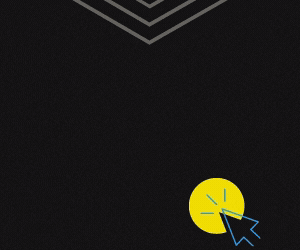THE exercise on recording and documenting the different customs of Papua New Guinea was launched at Bereina station, in the Kairuku District, Central Province on Monday.Lead agency, the Constitutional and Law Reform Commission (CLRC), began the exercise with the recording of the customs of Nara, Gabadi, Kuni, Kuni-Maipa, Roro-Waima, Mekeo, and Kaopo language groups by interviewing elders, chiefs, community leaders and village court magistrates this week. CLRC Secretary Dr Manage Matui said the exercise was part of CLRC’s mandate to develop the Underlying Law or the indigenous legal system, or jurisprudence of PNG. The customs including the customary laws, values, principles, languages and practices collected throughout the country will be pooled together and made accessible to the courts to apply after endorsement by the Parliament, Dr Matui added. “The courts will determine whether the custom is good or bad but our job is to record everything on your custom, as they are,’’ Dr Matui said.The project in Kairuku was the first custom recording proper, after CLRC facilitated 34 pilot projects in selected provinces from 2016 to 2019.The exercise will continue to Rigo District next week and subsequently cover the rest of the districts of Central Province as well as the Motu-Koitabu villages by the end of 2024 before venturing into other provinces. “While it is not late, the need for recording, documenting, and preserving our customs is more urgent now than before and we must act now,” CLRC Commissioner Dr Dora Kuir-Ayius said. Dr Ayius added that even though our forefathers adopted the English Common Law at Independence in 1975, their original intention was the creation and development of our own customs that would eventually replace the English common law to suit our purpose and context.She further added that little have been done since then, as we continue to lose our customs as a result of changes brought on by modernization.Dr Matui said that the exercise on the recording of all the customs of PNG, is a mammoth task, but he added that he was thankful to the government for the funding supporting and for giving due recognition to the importance of this exercise in Nation building.She also acknowledged the support and cooperation of key stakeholders, including the Department for Justice and Attorney General, Public Solicitor, State Solicitor PNG Judiciary, UPNG School of Law, and National Museum and Art Gallery.
Tuesday, June 17, 2025
- Advertisement -
© PNG Bulletin 2021

